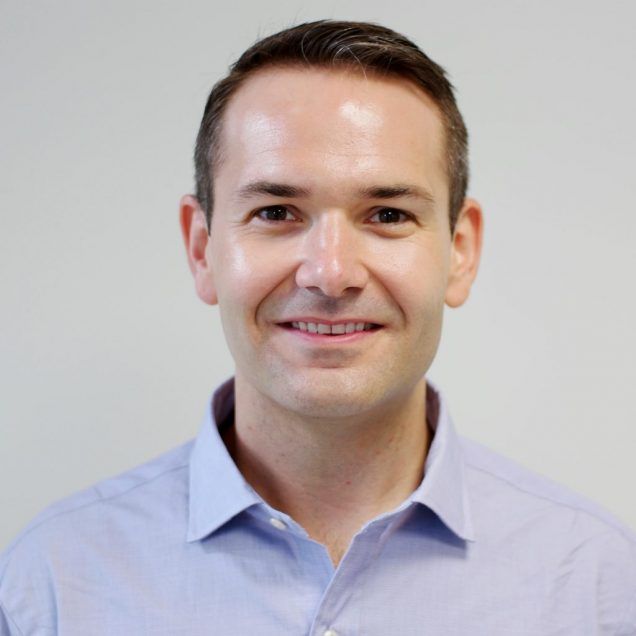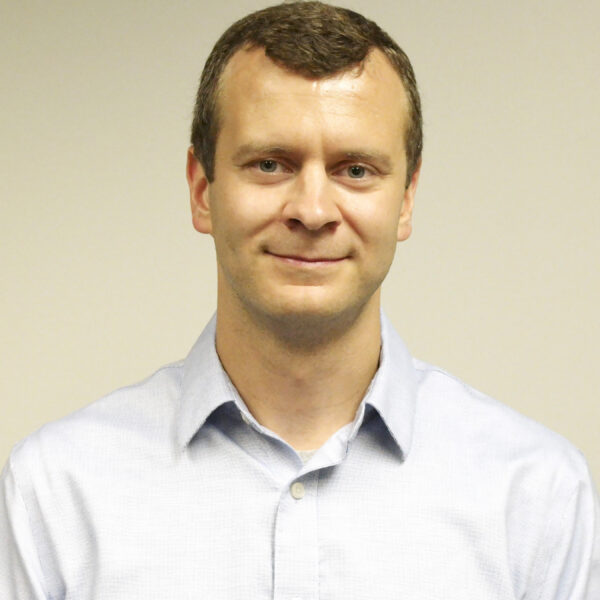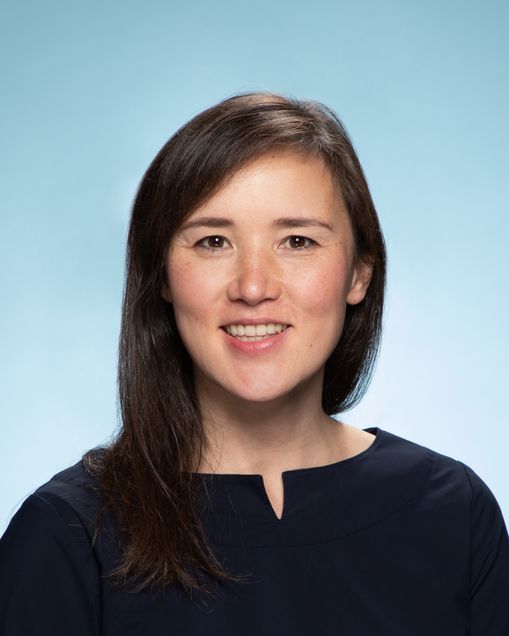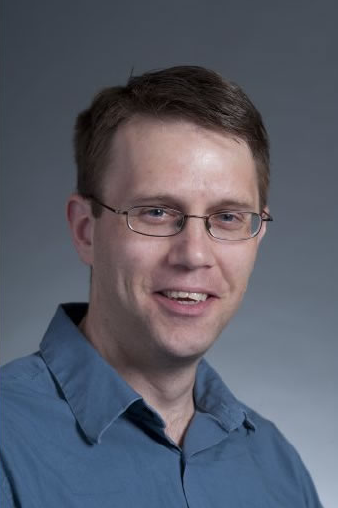From Self-Driving Labs to Community-Driven Labs

Our Focus
The goals of the From Self-Driving Labs (SDLs) to Community-Driven Labs FRP are to develop the digital infrastructure and basic science to transform SDLs into community-driven laboratories by establishing facile, safe, and efficient methods for external researchers to run experiments on autonomous systems. This work will convert isolated instruments into shared community resources akin to HPC that allows diverse materials researchers to address important societal challenges.
Focused Research Program led by:
- Keith A. Brown, Associate Professor, Department of Mechanical Engineering, Physics Department, and Division of Materials Science & Engineering
Research Thrusts
1. Efficient and Safe operation of Self-Driving Labs
The autonomous allocation of physical resources required to perform experiments contains a series of risks and considerations not present in High Performance Computing (HPC). Envisioning a system in which multiple user-driven campaigns (i.e. a series of experiments towards a specific goal) may proceed simultaneously, it is important to optimally share resources. This thrust’s research goal is to develop algorithms to manage physical resources in a safe and efficient manner.
Thrust Leader
Core Faculty
2. Dynamic User Interfaces for Self-Driving Labs
A key feature of community-driven SDLs is that they should be accessible to users that do not have experience developing autonomous systems. This thrust will develop methods for refining Large Language Models (LLMs) to serve as the mediator between potential users and the robotic control scripts to run the SDL while ensuring the efficient and safe use of the SDL. This human-machine partnering will also include a graphical interface to communicate the state of the SDL, depict the structures to be studied, and enable user interaction in real time.
Thrust Leader
Core Faculty
3. Accelerated Learning using Mechanics Informatics
The researchers hypothesize that the large and growing database can be used to perform an array of tasks that users can leverage to accelerate the progress of any individual campaign. To explore the synergies associated with this vast database, this thrust will use unsupervised learning approaches to generate latent spaces of mechanical responses that allow for rapid learning. As the data available to these models will be orders of magnitude larger than what is available in a single campaign, these models can be correspondingly more sophisticated and data-intensive such as variational autoencoders.
Thrust Leader
Core Faculty
Events
How to get involved?
For program specific inquiries and questions, please contact FRP leader: Keith A. Brown.
Faculty interested in submitting a Focused Research Programs proposal are strongly encouraged to discuss their ideas with Yannis Paschalidis, director of the Hariri Institute for Computing.
To learn more details about the Hariri Institute’s Focused Research Programs, visit here.














